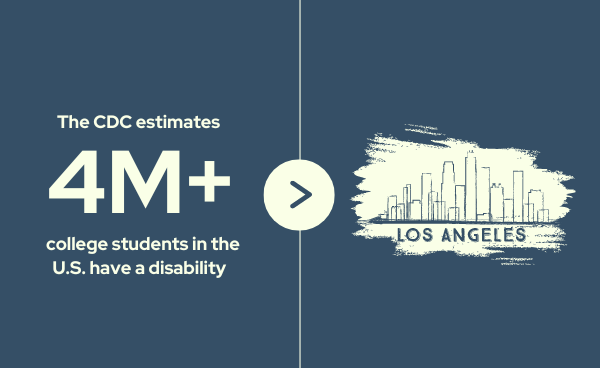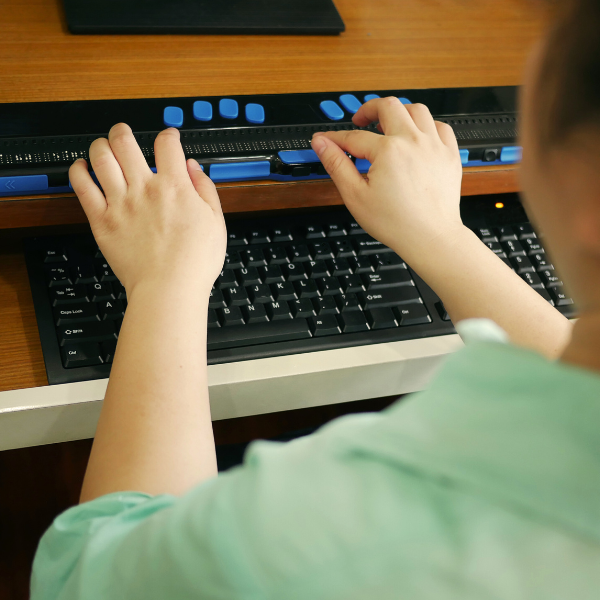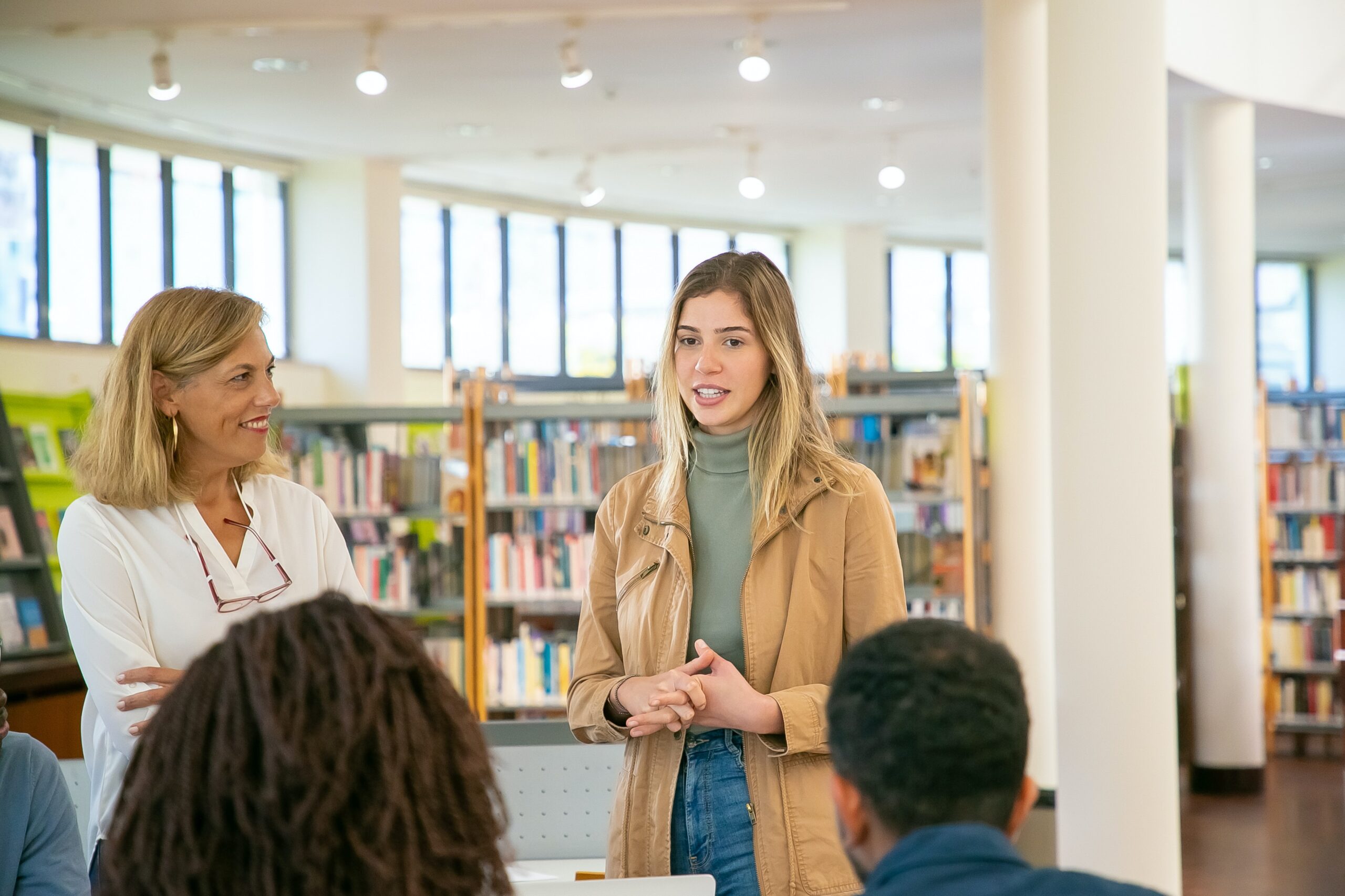Higher education has four million reasons to get quickly up to speed about the latest research and insights on disabled students.
That’s because over four million college students in the U.S. have a disability, according to the CDC, and students with disabilities make up more than 20 percent of all U.S. college-goers.
When you factor in the growing mental health crisis on campuses — as young people nationally report higher rates of anxiety, depression, and suicidal ideation — plus other non-apparent disabilities such as ADHD, autism, and long COVID, it’s a crucial time for leaders in higher education to expand their understanding of disability and how it affects their institutions.
And the effects are widespread. For many disabled college students, their experience on campus is a never ending series of barriers — physical, digital, and attitudinal — that contribute to lower rates of retention, graduation, and employment than their peers.
In this on demand webcast, leaders and educators in higher education have a professional development opportunity to improve their understanding of disabled students’ experiences and needs — and join an effort to boost postsecondary outcomes on campuses nationwide.
National Disability Center Executive Director Stephanie W. Cawthon, PhD – a leading expert in the field of disability research – teaches this information-packed 45 minute session that dives deeply into the research center’s findings and student perspectives. It covers:
- Defining disability and its prevalence in higher education
- Dispelling myths, including about disability disclosure
- Exploring accessibility and student entry points
- Finding your call to action
Accommodations are provided following our accessibility best practices for meetings and events, and they include ASL interpretation and live captioning.
Meet the Educator

The National Disability Center was funded with a $5 million grant from the Institute of Education Sciences awarded to principal investigator Stephanie W. Cawthon — building upon her decades of research into how disabled students learn and thrive, her expertise in developing innovative research models that use collaboration to achieve student-centered insights and findings, and her lived experience as a disabled person.



